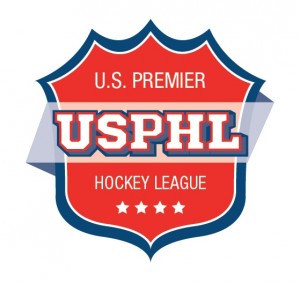AHU Coach’s Corner: No excuse for youth hockey players with cold, dry hands
Youth hockey.
Or youth sports for that matter.
What is the purpose?
It’s always been to develop kids’ athletic ability, social skills, values regarding teamwork and responsibility.
Right?
So answer this for me. Why then are there many instances of youth hockey teams that shorten benches in too many situations? While the surface answer is obvious, “to win,” we have to look deeper to determine why that happens.
(For the purpose of this article, the term “youth hockey” can be defined as Bantam-age and younger.)
There is too much pressure on a coach to “win” instead of “coach” and “develop.”
There are too many organizations at the same level in the same area, which helps drive this madness. That’s an administrative problem with governing bodies.
There have been many times where I’ve gone through handshake lines after Squirt and Pee Wee games, shaking hands, and 5-7 players have cold, dry hands from sitting the bench. There is no good reason for kids, at that level, to not be playing unless it’s discipline-related, illness-related or injury-related.
A hockey player’s youth days – these are the prime development years for these kids. If the kids who are playing are that good, and the kids that aren’t playing are that bad, then let me ask – why are they on the same team?
If you are going to have a competitive-level team and there are only 13 players good enough to play, then take 13 players and play them. Otherwise, don’t shorten your bench unless it’s special teams or the last couple minutes of a close game – if you are coaching at a competitive level.
You can make efforts to have your third- and fourth-line guys work on their penalty killing in practice. That helps balance out the playing time issues and it also helps everyone contribute more effectively to their team’s results. You are not doing anyone any favors by shortening your bench to win at the youth level. It is your job as a coach to develop all the players that put in the effort and have the attitude to get better.
The bottom line is that more kids need to be developed by coaches and the time to do that is before they hit Midget and high school hockey, where a larger commitment is required to play at that level and beyond.
Kurt Goar is Arizona Hockey Union’s coach-in-chief.










